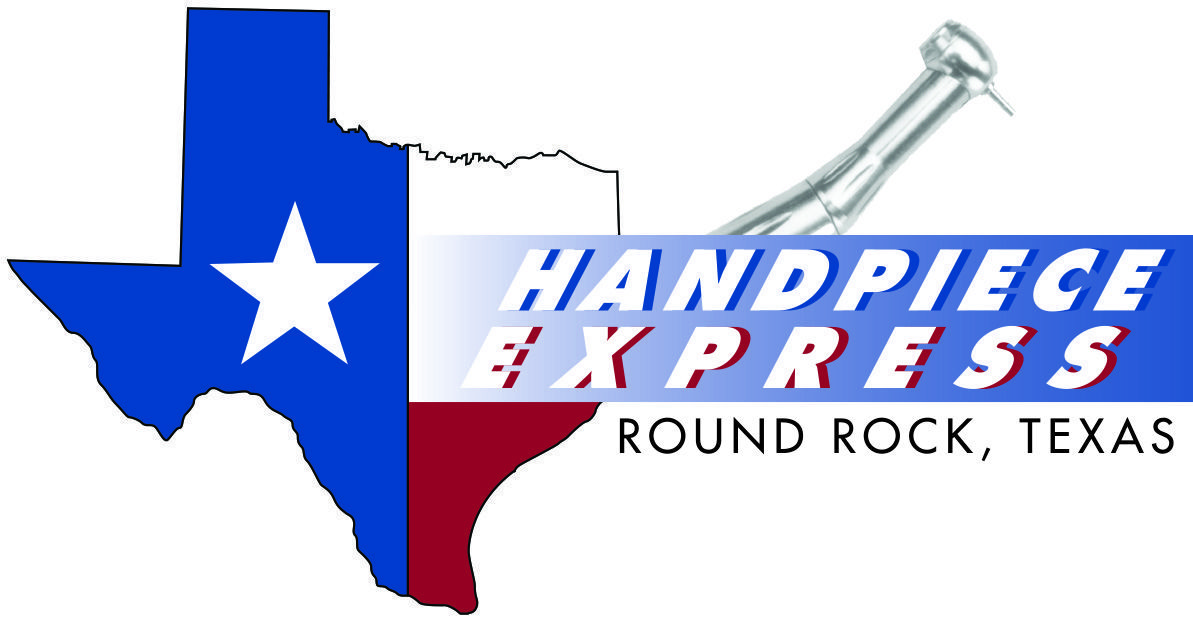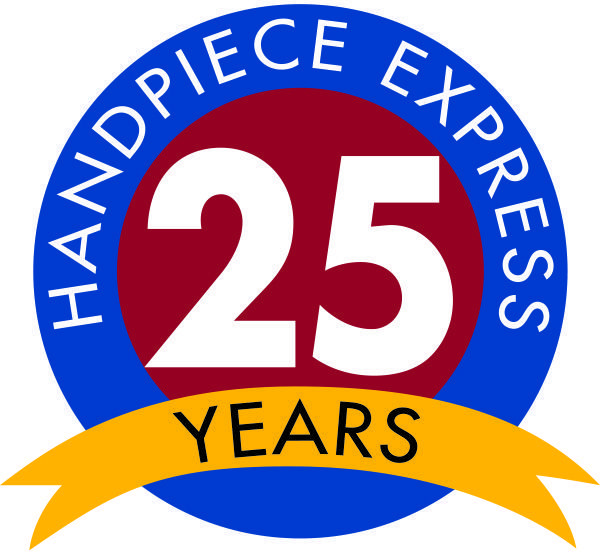When Opportunity Knocks Franchise like businesses lure would-be entrepreneurs
Peter Sinton, Chronicle Senior Writer
![]()
Glenn Williams started a dental drill repair service in Novato that is doing so well that he is also making money selling the opportunity to set up similar businesses in other parts of the country.
Ken Kindt has gone one step further at Signworld. Instead of creating computer- generated signs, he now spends his workdays signing up new licensees. There are 122 and one of them is Cynthia Ramsey, past president of the San Francisco chapter of the National Association of Women Business Owners.
Business opportunities, also called “Seller Assisted Marketing Plans,” or SAMPs, can be a portal to profits and entrepreneurial independence. But before signing any documents or forking over any money, it is essential to do careful research.
The business opportunity arena is full of scams. Instead of cleaning up, many a buyer has been cleaned out.
A business opportunity is like a franchise but without many of the costs and protections. Both services offer would-be entrepreneurs a business model and some training and supplies so that they do not have to start their enterprise from scratch.
But there are major differences. Franchisors provide continuing support and take from 6 to 10 percent of revenues in royalty payments. Promoters of business opportunities, on the other hand, typically charge a one-time fee and offer minimal hand-holding after an initial training period.
Disclosure requirements are dramatically different, too. Franchisors must provide prospective buyers a Uniform Franchise Offering Circular that details the business and an annual list of all franchise owners with their addresses and phone numbers. New buyers can easily contact current franchisees to assess how they are doing and ask whether they would do it again.
By contrast, business opportunities have no uniform filing requirements, and they are governed by state attorney general departments rather than the department of corporations.
“Beware,” advises Gayle Weller, the Seller Assisted Marketing Plan enforcement officer for the California attorney general’s office. For starters, only deal with business opportunities that are registered in your state. In California, only about 110 are registered.
Although registration is a safeguard, it is no guarantee. “Even companies that appear to be complying can be leading people down the garden path,” Weller said. Special problem areas include medical billing scams, pyramid sales schemes involving cleaning materials and bogus vending machine opportunities.
Recently, Southern California has been besieged by work-at-home medical billing schemes that have snookered thousands of consumers out of more than $1 million.
Ads suggest that for an investment of $250 to $7,000, buyers can get software to handle insurance claims and bills for doctors and make perhaps $30,000 a year serving medical groups who are hungry for such services.
But Weller said the software is often “crummy.” The list of doctors who supposedly want the service are typically culled from medical directories and have no interest. Finally, the promise of refunds after a 90-day product trial is often a sham because fees paid by credit card cannot be disputed after that length of time.
Northern California has its share of business opportunity abuses. In February, a criminal trial is set for San Francisco Superior Court against Edward A. Durante, Walter J. Zink and one other owner of the defunct X.clusive Vending Inc.
The state charges the trio with violating Seller Assisted Marketing Plan laws and grand theft for allegedly misrepresenting X.clusive’s business and profit potential and using other tactics to bilk dozens of buyers out of several million dollars.
The Federal Trade Commission has set up a database so states can share consumer complaints and other information about bogus business opportunities.
To improve your chances of success, experts say it is essential to do plenty of research and check the background of the promoters.
“For some people it is a wonderful option,” said Gordon Dupries, a San Rafael franchise and business opportunity consultant who also lectures on the subject for the Small Business Administration. “But you better know the individual is honest and do your homework.”
BUSINESS DRILL
When government contract specialist John Malone met his former Novato neighbor, Glenn Williams, he recalls, “The only thing I knew about dental drills was on the receiving end.”
That was several years ago, when Malone’s daughter baby sat for Williams’ kids and before Malone relocated to San Diego.
For the past 30 years, Malone has bought everything from beans to bullets for the U.S. Navy. But at 56, he was looking for a transition to retirement — something that offered him reasonable pay and flexible hours. This past August, he became the first buyer of Williams’ Handpiece Express dental drill repair service.
For about $28,000, including a $15,000 business opportunity fee and $7,000 in parts and tools, Malone received two weeks of training in Novato before he launched his business as a sideline.
“I can’t complain at all,” he said. “I’m doing 10 to 15 handpieces a week for about $79.95 each and can do it after hours or during my lunch break.”
Williams began his dental career as a manufacturer’s representative in 1984, when he got out of college. Although some entrepreneurs blame government regulations for killing businesses, Williams credits them for helping create his.
In 1992, the Food and Drug Administration required dentists to sterilize not just the drill bit but the entire handpiece after each use. High heat cleaned the equipment but it also baked the lubricants and bearings inside the drill and caused them to freeze up every six months to a year.
That development greatly expanded the service end of the business. The dental equipment company Williams worked for at the time charged $180 to $300 to overhaul each drill and often took days to get the essential equipment back to the dentist.
Williams figured he could charge about half as much, use courier services to return the handpieces within a day and still make a good living. This year, Williams said he expects revenues of about $300,000 and hopes to earn more selling Handpiece Express opportunities in other areas around the country.
“Fifteen-thousand dollars is a nice lump sum for two weeks of training (of the buyer),” said Williams, who compares his role to Tom Sawyer painting the fence. “They’re fixing my drills and paying me to do so.”
Malone sees it differently: “I got to make mistakes at his expense.” Malone also appreciates the help that Williams provided sending out promotional literature and showing him how to make sales calls on dentists. Handpiece Express also has a toll-free help number and Williams is willing to tackle hard-to-fix items and split the fees.
For other information and to find out if a business opportunity is registered in California, write: Attorney general’s office, Public Inquiry Unit, P.O. Box 944255, Sacramento, CA 94244-2550. Toll-free phone number: (800) 952-5225. Web Site: www.caag.state.ca.us/piu. Click Consumer Information and then Seller Assisted Marketing Plans.
Sources: Franchise consultant Gordon Dupries of FranNet, San Rafael; California attorney general’s office

